₨ 900
Despite severe doctrinal and ideological differences, the pious predecessors (Aslaf) lived in love and harmony with one another. This book contains hundreds of incidents of mutual love and wisdom, which serve as a guiding light for the younger generation.
10 in stock
Despite severe doctrinal and ideological differences, the early scholars and pious predecessors (Aslaf) lived in love and harmony with one another. This book contains hundreds of examples of mutual love and wisdom, which serve as a beacon for the younger generation.
The new book by Idara Talifat Ashrafiya, “The Amazing Stories of Mutual Love Among the Pious Predecessors,” presents incidents from the earliest generations up to the contemporary scholars of the Indian subcontinent. It highlights the values of kindness, tolerance, and patience, and teaches how to treat opposing factions with wisdom.
The first part of the book outlines important religious teachings, rulings, and etiquette related to disagreements, while the second part illustrates, through historical events, how one should treat those with whom one has political, ideological, or sectarian differences. In today’s context, these stories of the pious predecessors are a guide for us. Unfortunately, in our society, even minor differences are often turned into open opposition, and we rarely consider that while disagreement can be a mercy, opposition is a poison for the Ummah.
It is inevitable to have disagreements with individuals or groups, but turning these disagreements into opposition is unwise. Whether political or sectarian, the way these issues are often inflamed today is no secret. However, just as there are etiquettes and limits to love, our Sharia has also provided guidance on how to handle differences, and adhering to these guidelines is part of true piety.
This book contains stories that clarify the difference between disagreement and opposition, teaching tolerance and showing that despite severe differences, the pious predecessors never abandoned mutual love, respect, and honor. Indeed, this book is a guiding light for today’s younger generation.
Read this book yourself and share it with those around you, especially those who are narrow-minded and less knowledgeable, so that unity and harmony may prevail in the Muslim Ummah.
| Weight | 0.470 kg |
|---|---|
| Binding Type | Hard Cover |
| Delivery Time | 5-7 Working Days |
| Jild | 1 |
| Number Of Pages | 368 |
| Paper Quality | Fine |
| Published By | Taleefat E Asharfia |
| Shipping Charges | FREE |
| Written By | Hakeem UL Ummat Hazrat Maulana Ashraf Ali Thanvi RA |
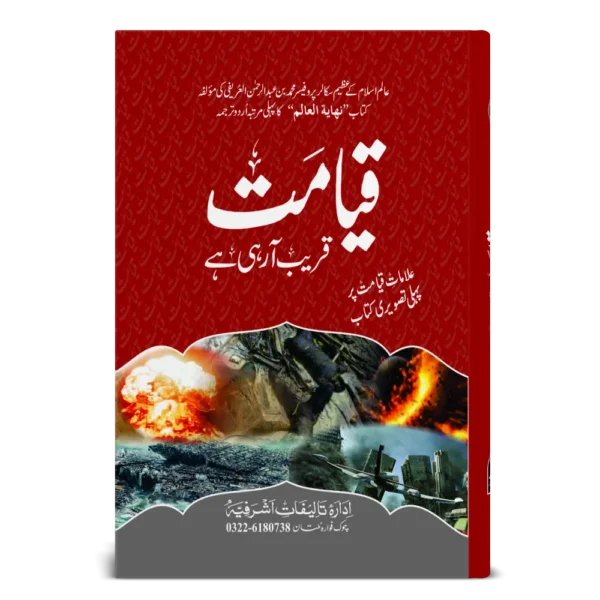
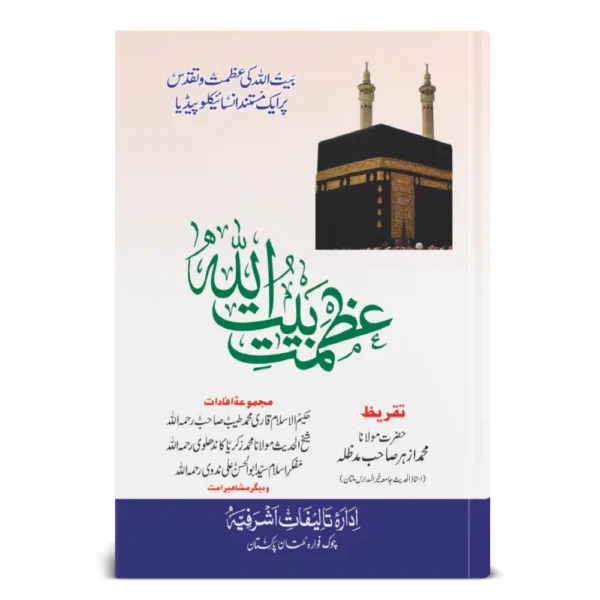
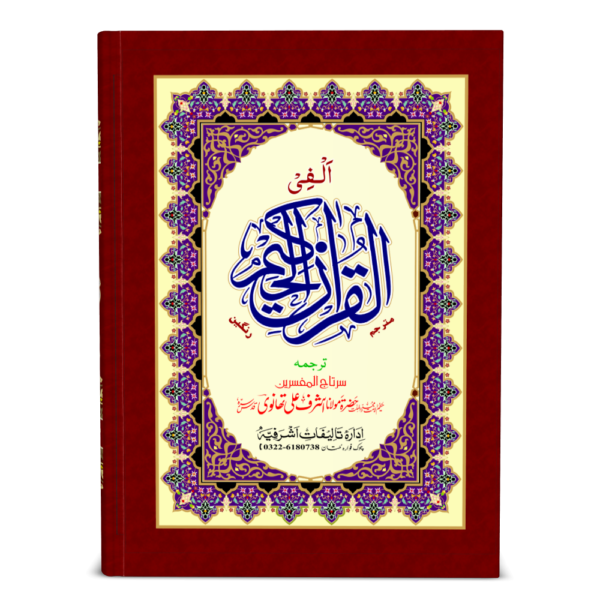
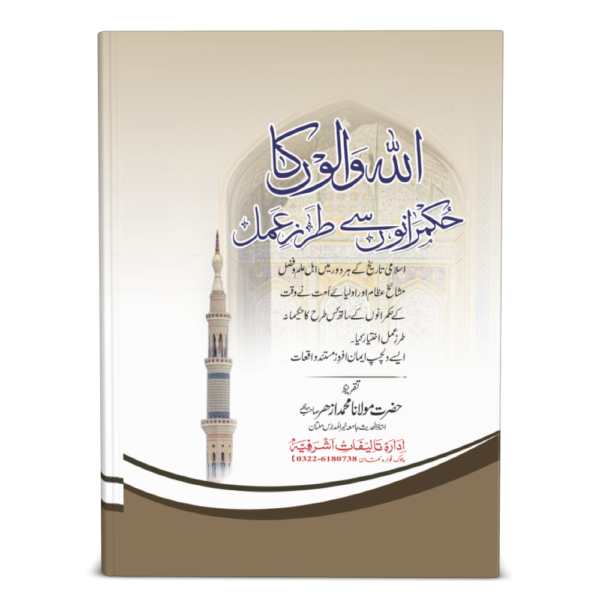
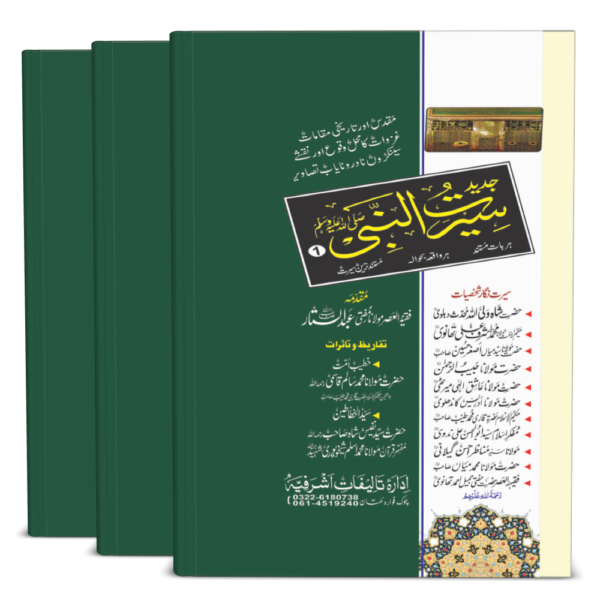
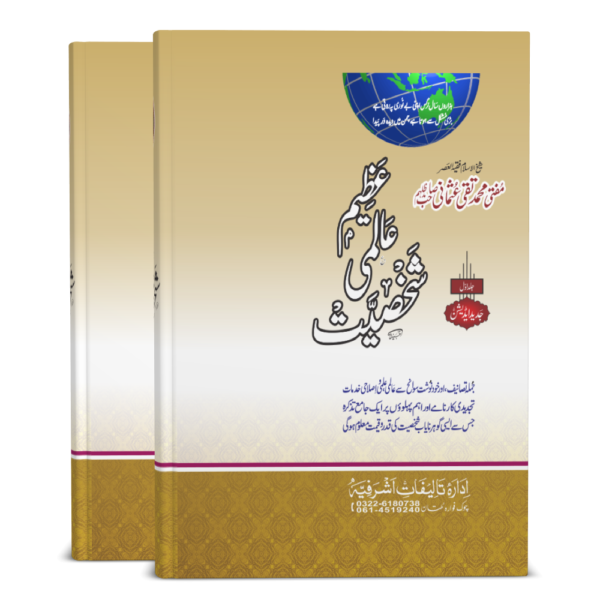
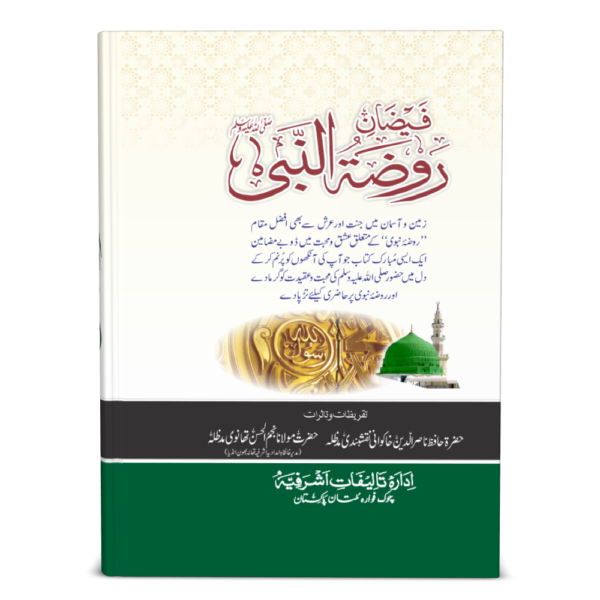
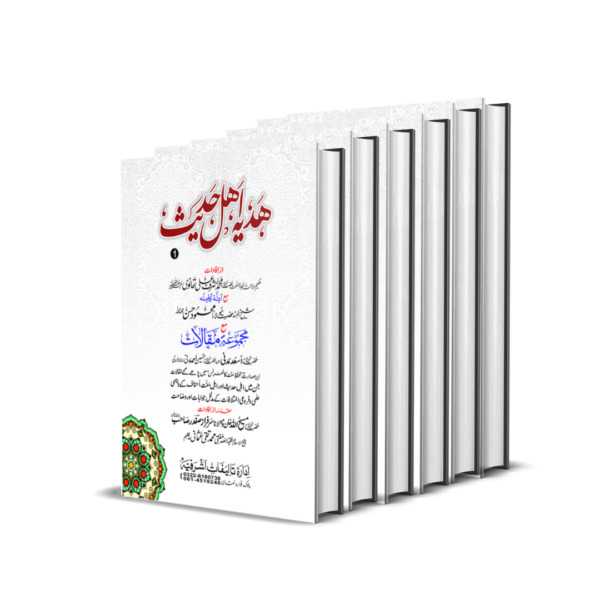
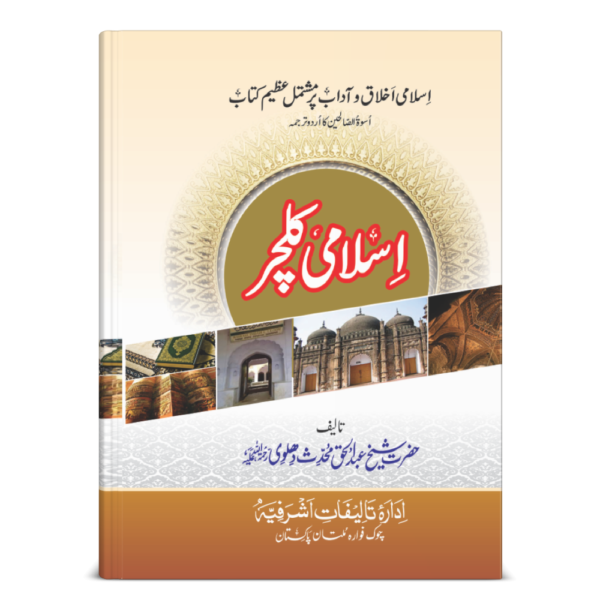
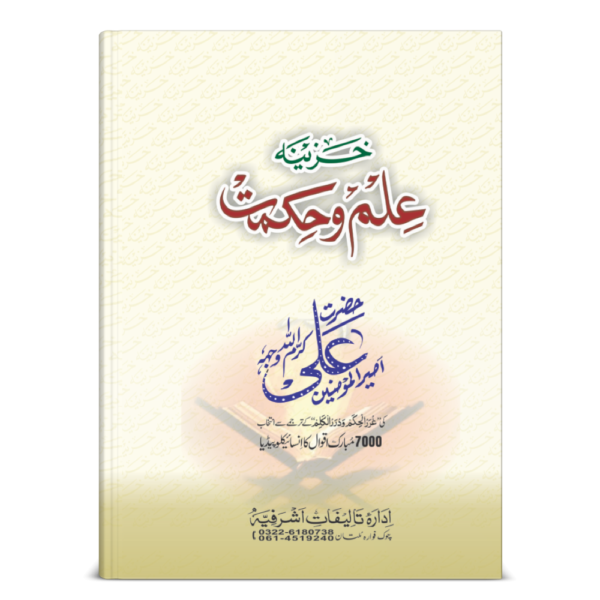
Stay connected with us for the latest updates on new arrivals, special offers, and insightful articles on Islamic literature. Subscribe now to enrich your journey with faith and knowledge!